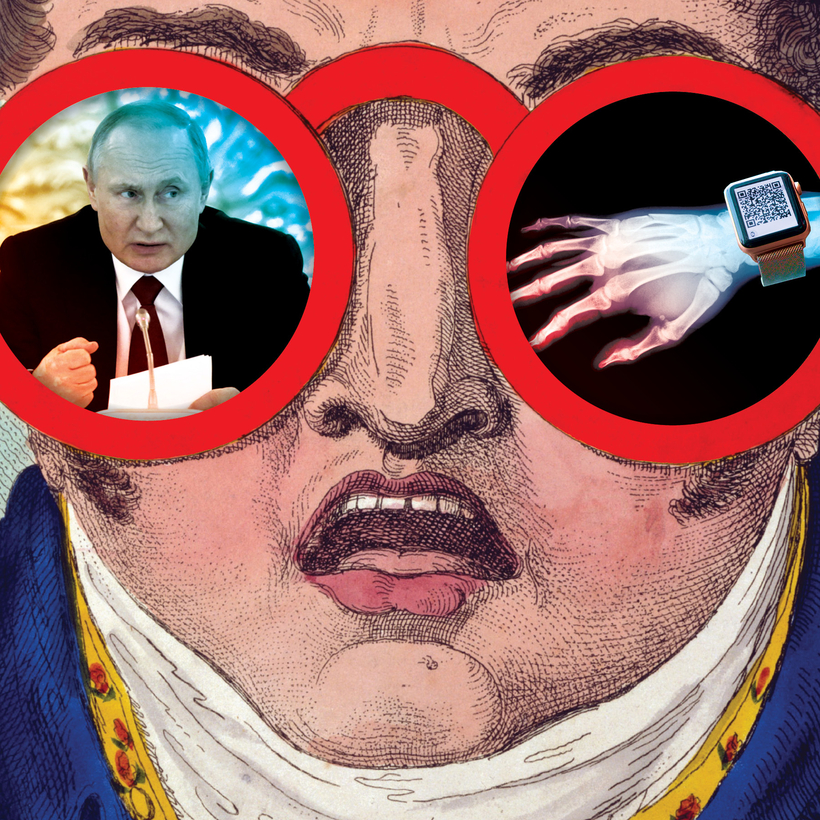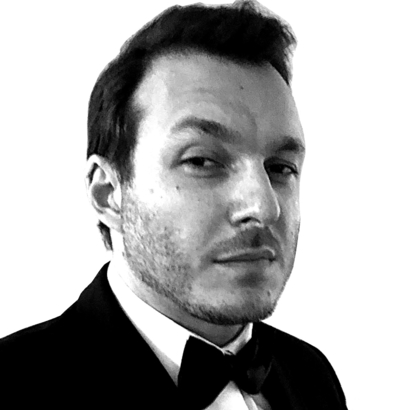You’d think after the brutal crackdown that essentially destroyed the democratic opposition in Russia, Pápa, as Putin is sarcastically referred to in Moscow’s political circles, would finally be able to slip on that Loro Piana tracksuit and kick back in his billion-dollar palace on the Black Sea coast. After all, what else is there to conquer?
The summit in Geneva established red lines and a modicum of mutual understanding between leaders of Russia and the U.S. Battered by sanctions, the Russian economy is nonetheless resilient and keeps the regime and its many 400-foot yachts afloat. Putin’s No. 1 political opponent, Alexei Navalny, is behind bars, his lawyers have been labeled as “foreign agents,” and even Pussy Riot—the feminist punk collective known for their art performances against the Russian patriarchy—fled the country after months of intermittent arrests. Finally, the upcoming parliamentary elections, curated by the Russian security services, are set to produce yet another rubber-stamp parliament. This time, it’s going to be stacked with semi-forgotten celebrities such as Dmitry Pevtsov, a B-list television actor whose heyday was in the early 2000s, and the eccentric hairdresser Sergey Zverev. Their last gig is going to be a “yes” vote on whatever new repressive bill is in front of them.


